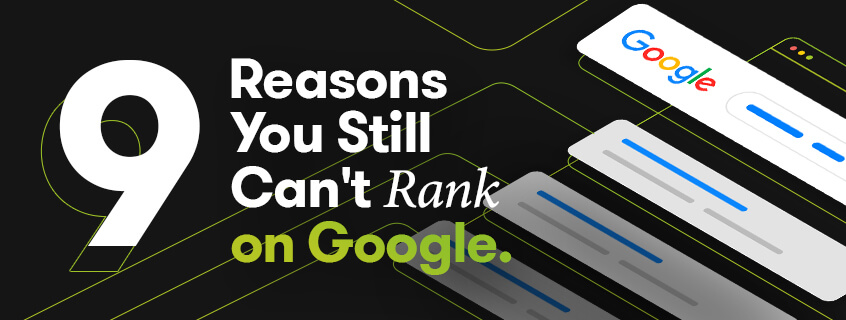

It can be frustrating if your website isn’t showing up in the Google search results, especially if you don’t know why. The good news is, most ranking issues are easy to identify and can be solved with the right strategies. If you’re feeling stuck, an experienced SEO agency can help you improve SEO on your website and avoid the pitfalls.
Here are 9 reasons why your site might not be ranking – and our top tips to improve SEO for better visibility.
what our clients are saying
create business. better everyday.
Let's Talklearn from the best minds in the business
Bodie provides some insight into Dilate's internal operations. How we approach what we do, and how we strive to be Better Everyday.





